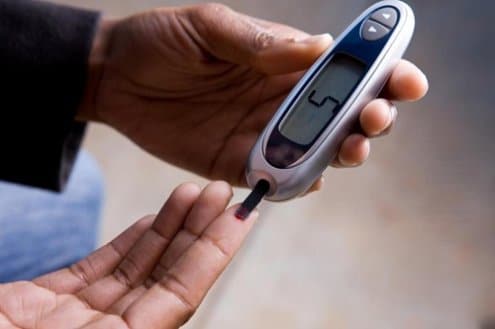Type 1 vs Type 2
Diabetes is a disease characterized by poor regulation of glucose homeostasis. This leaves the body unable to appropriately process sugars, so excess amounts are not stored in the tissues and float freely in the bloodstream. It presents as a spectrum among individual patients but is mainly discussed as being caused by an inability to produce insulin (type 1 diabetes) or by the body’s inability to make use of insulin to store excess sugars present in the blood stream (type 2 diabetes). Type 2 diabetics are described as having poor insulin sensitivity.
Is type 2 diabetes insulin-dependent?
When looking at the treatment methods in each form of the disease, Type 1 diabetes has been seen as being insulin dependent. It requires a prescription of insulin in order for the patient to lead a relatively healthy lifestyle. Type 2 diabetes differs in the sense that insulin can be used to treat and prevent some of the signs and symptoms that may come from the disease, but it is not the only or primary means of treating it.
Because of the decrease in insulin sensitivity, free floating sugars can also be regulated by controlling other extrinsic factors such as through a carefully prescribed diet or exercise. This is often prescribed with metformin, a drug that helps to control blood sugar. Administered insulin and other medications are often a secondary resource for controlling the signs and symptoms of the disease—the patient therefore doesn’t always rely on the use of insulin for treatment. In the previous years, such a patient would have been categorized as non-insulin dependent. Recent prescription and treatment methods have shown that using insulin still has its benefits in treating the type 2 diabetic population.
Managing type 2 diabetes
In order to keep blood sugar levels at an acceptable state, it’s important to engage in regular physical activity and to be cognizant of your meal choices in terms of the quality and the quantities of your food. While exercising can increase your caloric needs, it can also help to reduce your blood sugar. In a similar way, being choosy about the types of meals you consume—steering clear of high quantities of simple carbohydrates—can also keep your insulin needs low. By practicing this, you will be better able to manage the requirement for how much and how often insulin may need to be administered as part of your treatment.


